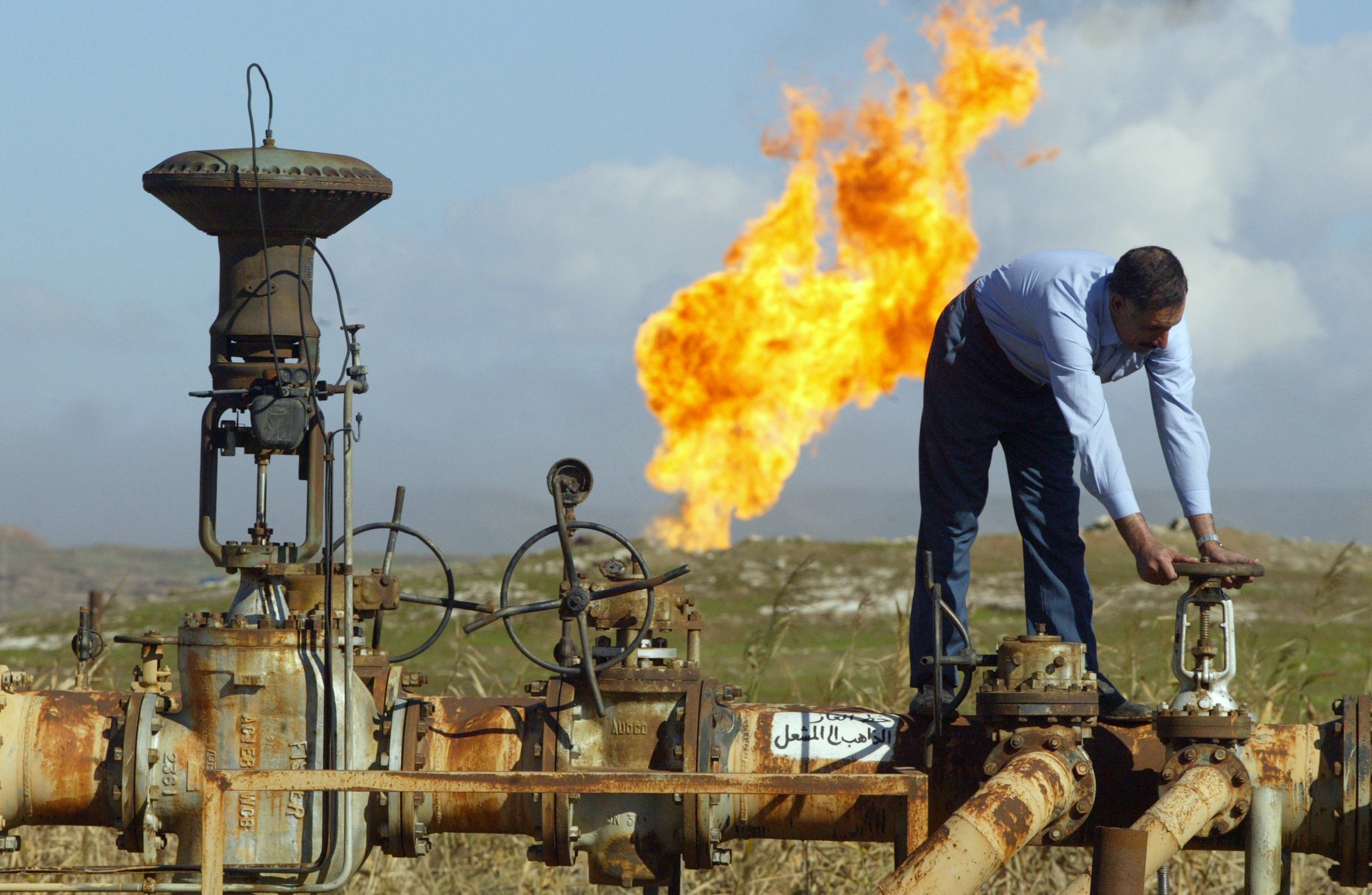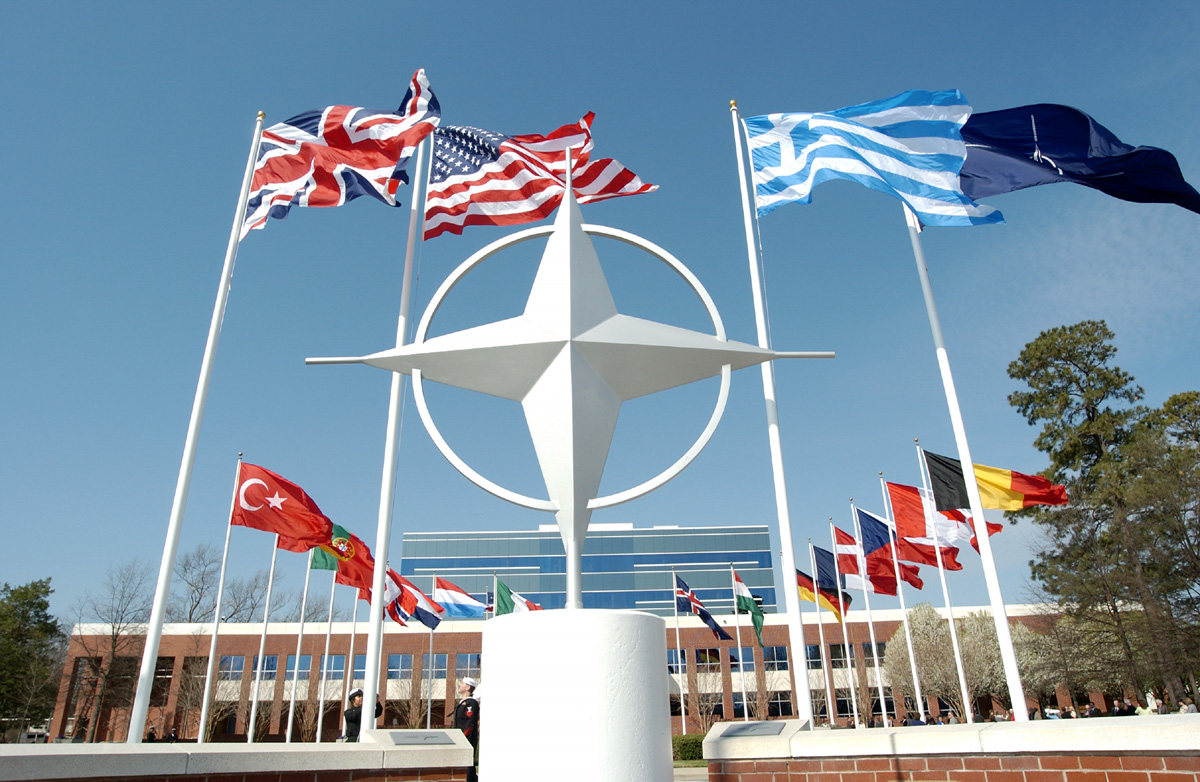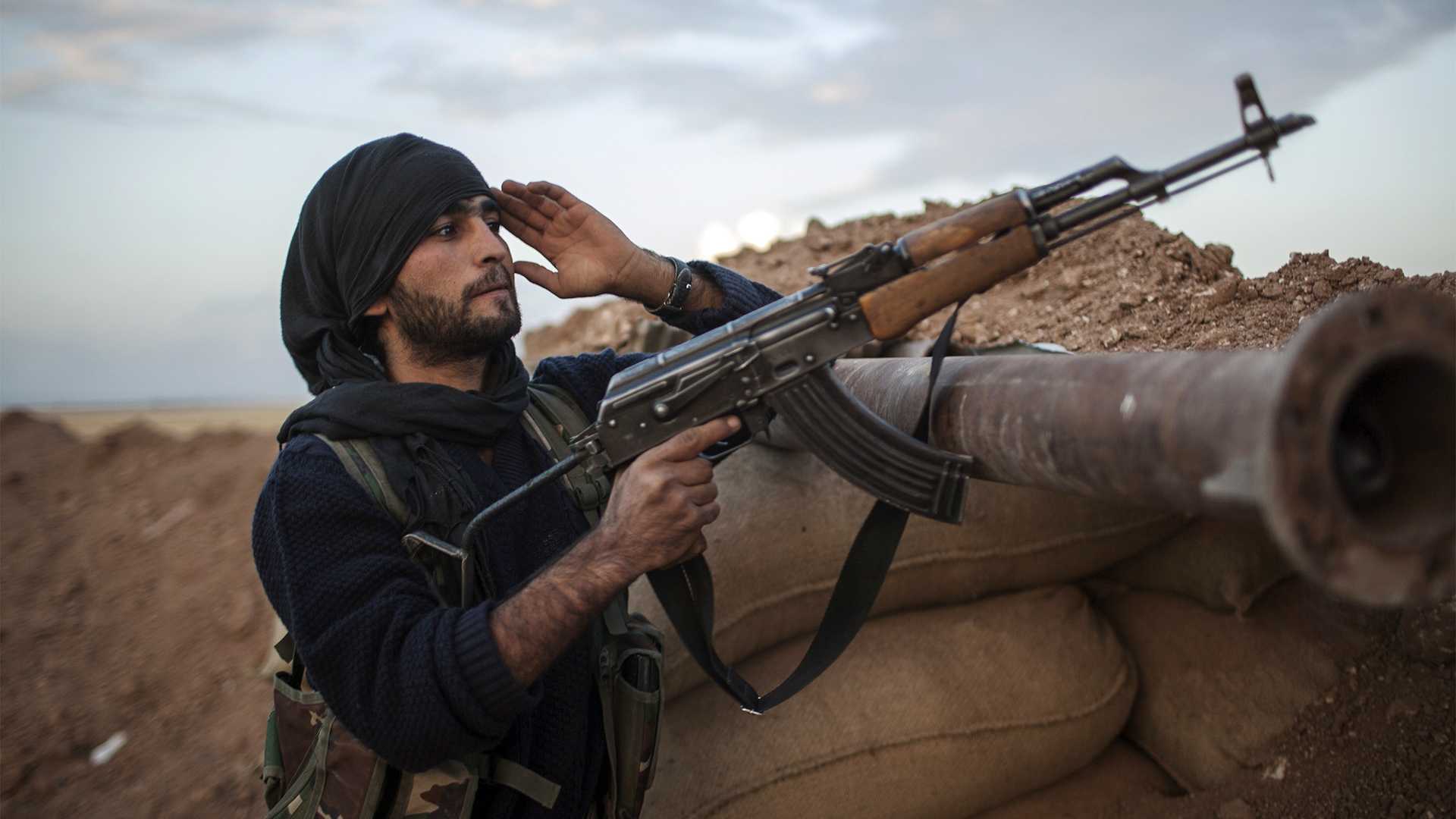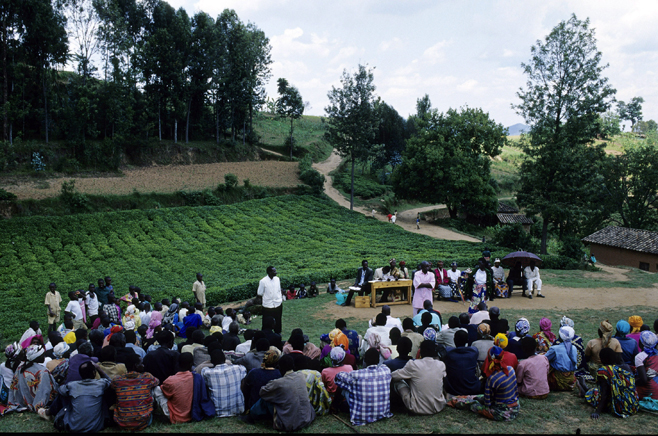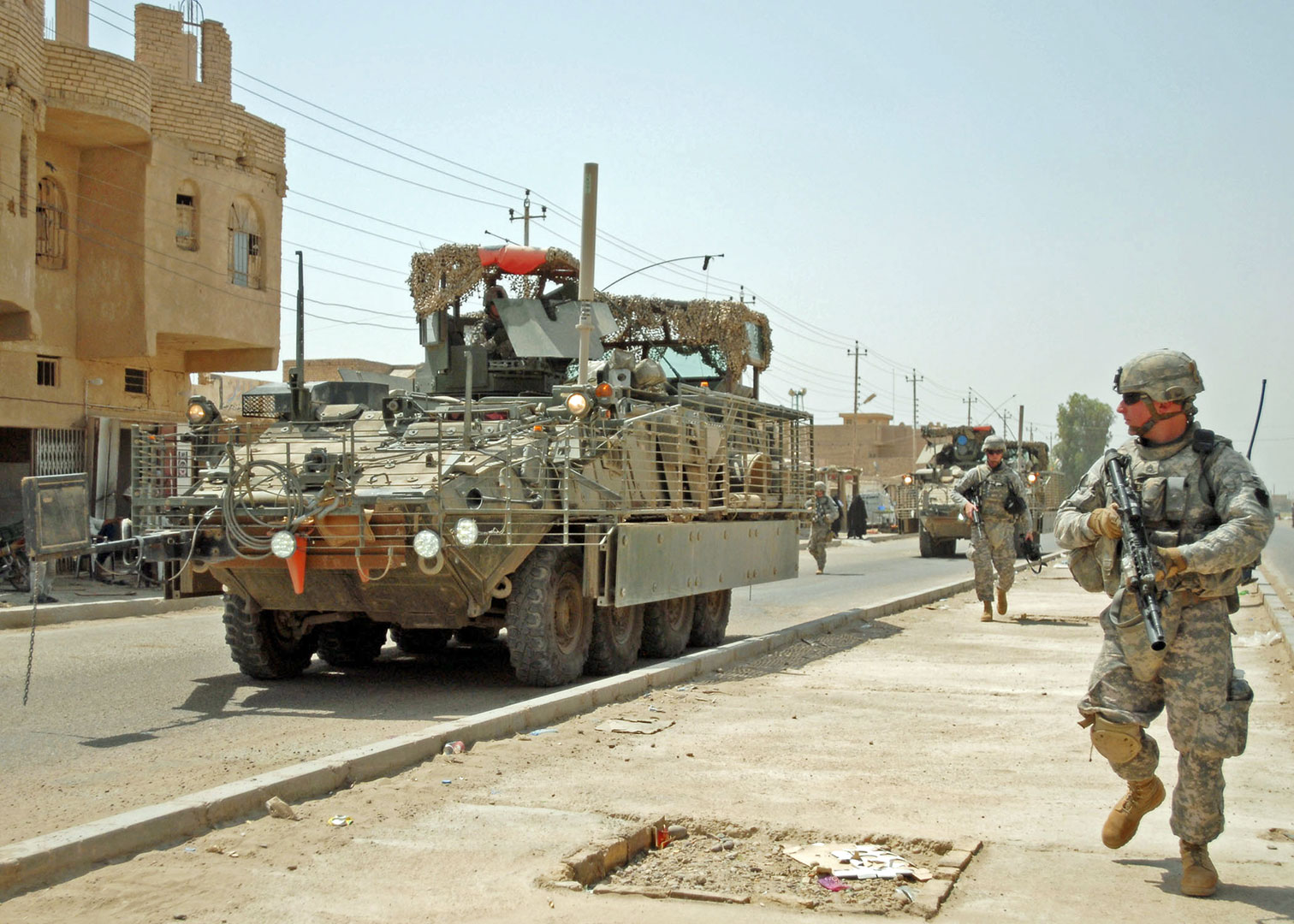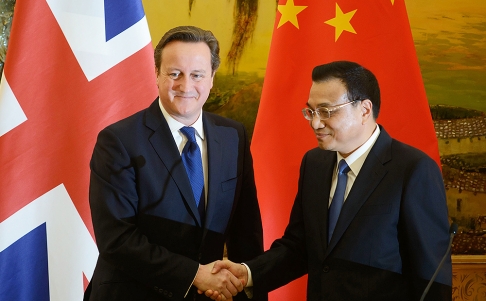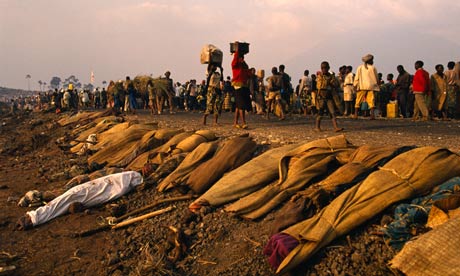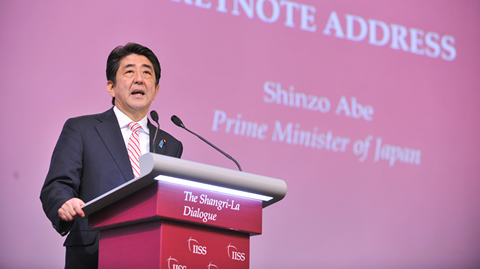Following ISIL’s capture of the Baiji oil refinery, David Hunter analyses the possible impact of Iraq’s political crisis on the global oil market.
Peace & Conflict Studies
NATO: One For All, And All For None
In his latest article, David Hunter discusses NATO’s member states’ different understanding of the intended role of the organisation.
The Role of ISIS in Syria
Samir Mourani examines the expansionist role of ISIS into Syria and the obstacles it faces from opposing rebel groups on the ground.
Revisiting Rwanda: Justice and Repair (Part III)
Scott Falls concludes his series on the Rwandan genocide by discussing methods of retributive justice and analyzing the present-day situation in Rwanda.
The Politics of Waging War and Reserve Force Structure Part I: The United States Army Experience
Shahryar Pasandideh looks at United States’ experience with the Total Force concept of reserve organization.
Li Keqiang’s Visit to the United Kingdom: A Microcosm of West-China Relations
Through China’s relations with the west, Christopher Cowan examines the balance between trade and human rights.
Outdated and Irrelevant: A Critical Evaluation of Britain’s Military Spending (2/2)
In Part II, Gabriel Mallows explores potential avenues for reform in Britain’s outdated defence spending model.
Revisiting Rwanda: 100 Days of Violence (Part II)
In Part II, Scott Falls details the events of the Rwandan Genocide and discusses the international community’s response to the crisis.
Outdated and Irrelevant: A Critical Evaluation of Britain’s Military Spending (1/2)
In Part I, Gabriel Mallows discusses the extent to which Britain’s defence spending is based on an outdated list of potential threats.
The “Abe Doctrine”? An Analysis of Shinzo Abe’s Keynote Address at the 2014 Shangri-La Dialogue
Christopher Cowan discusses Shinzo Abe’s keynote address at the 2014 Asia Security Summit and its possible foreign policy implications for Japan.

